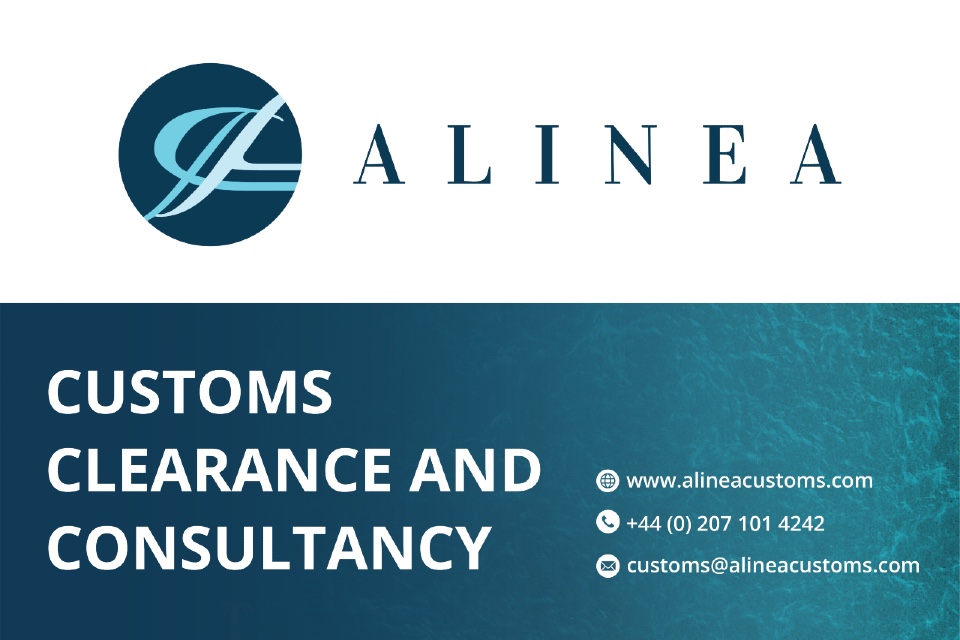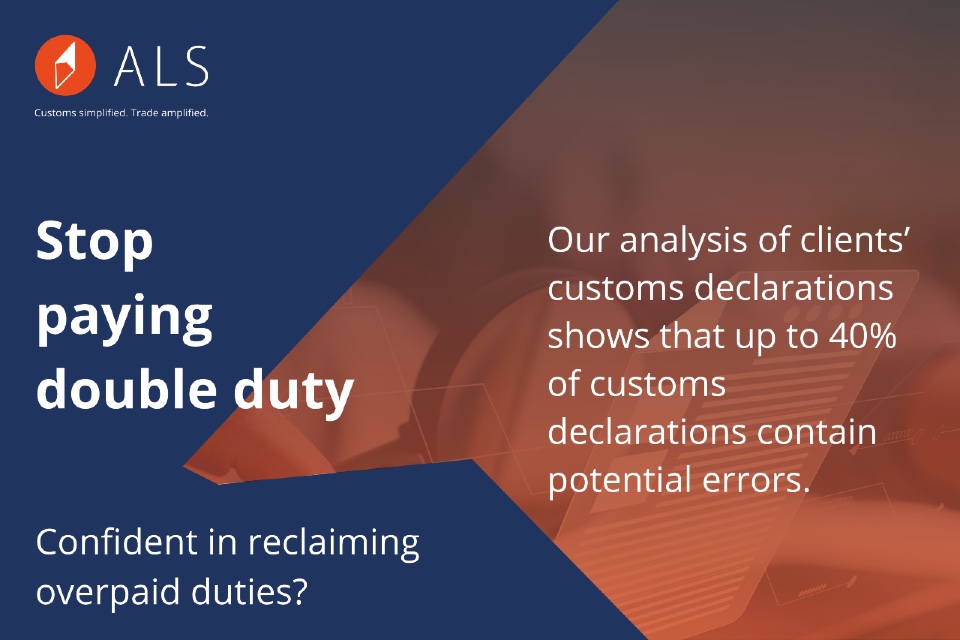A Brief History of UK Customs
Customs – the process of regulating trade at a nation’s borders and collecting taxes have existed for over 4000 years, originating within ancient civilisations including Mesopotamia and Ancient Egypt. The Greeks and Romans imposed sophisticated trading systems which were institutionalised to fund the empire. In Britain, Sir Robert Peel’s repeal of the protectionist tariffs imposed by the Corn Laws by in 1846 marked a pivotal shift towards free trade and sparked continuing debate on market liberalisation. Trade agreements enable duty-free access between participating parties.
Modern Trade and Free Trade Agreements
Since leaving the EU Customs Union at the close of 2020, the UK has endeavoured to modernise its trade policy through updating existing agreements and creating new ones. The UK-EU Trade and Cooperation Agreement (TCA) governs UK-EU trade. Negotiations are ongoing with the Gulf Cooperation Council (GCC) and India, while the UK is set to accede the Comprehensive and Progressive Agreement for Trans-Pacific Partnership (CPTPP) on 15 December 2024, granting tariff-free access to its eleven member nations and potentially adding £2 billion to the UK economy by 2040.
Rules of Origin and Compliance
Rules of origin determine a product’s economic nationality and affect tariff applications. Product-specific rules of origin provide the underlying criteria to claim tariff-free access within a trade agreement, another factor critical to supply chain analysis is cumulation. Cumulation is a deviation from the core concept of origin and occurs when manufacturing processes take place in several countries. Certain trade agreements may permit bilateral cumulation, multilateral cumulation or full cumulation between parties – for example, the EU-UK TCA enables bilateral cumulation, The UK-Japan FTA permits multilateral cumulation with the EU, and the CPTPP permits full cumulation, a significant advantage to complex supply chains.
Legal compliance is pivotal to accessing the benefits of the treaties, and traders must accurately follow agreement-specific requirements to avoid becoming subject to penalties. UK businesses can use the UK Trade Tariff tool to check rules and eligibility.
For further guidance on rules of origin and how to access the benefits of over 70 trade agreements, Alinea Customs offers consulting services.







